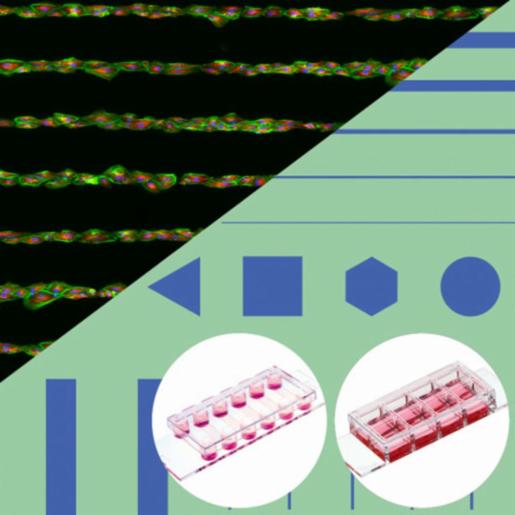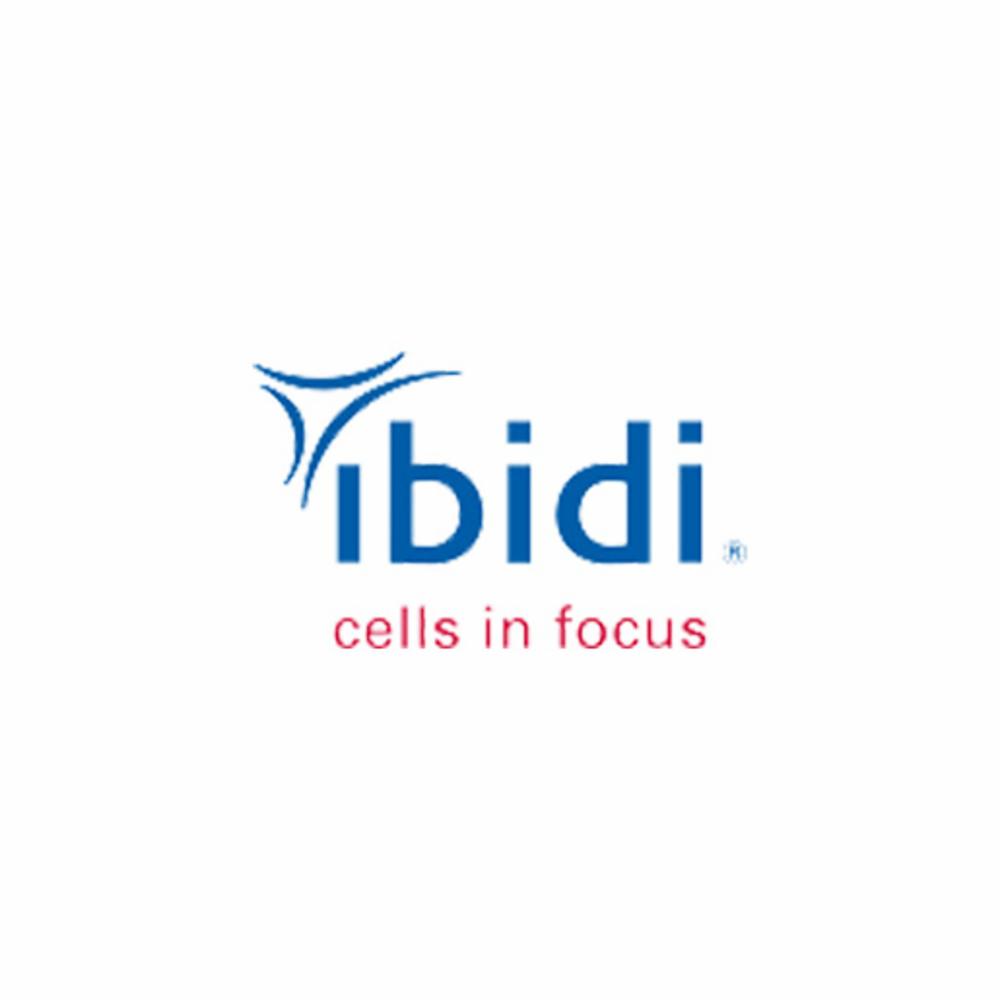Ibidi , µ-Slide VI 0.4 µ-Pattern RGD Test Patterns 1: #1.5 polymer coverslip, micropatterned surface with RGD motif, 15 patterns, surface passivation with Bioinert, sterilized, individually packed, 83651
The Ibidi µ-Slide VI 0.4 µ-Pattern RGD Test Patterns 1 is a high-quality and versatile product from ibidi GmbH. It features a #1.5 polymer coverslip with a micropatterned surface that incorporates the RGD motif. The slide is designed for testing and analysis purposes in the field of cell biology and tissue engineering. It comes pre-sterilized and is individually packed for convenience.
- Benefits/Advantages:
- Enhanced cell adhesion: The micropatterned surface with the RGD motif promotes strong and specific cell adhesion, allowing for reliable experimental results.
- User-friendly design: The individually packed slides are easy to handle and prevent contamination, ensuring the integrity of samples.
- Versatile applications: The slide's design enables a wide range of applications in cell biology and tissue engineering, making it a valuable tool for researchers in these fields.
Product Details
Overview
| Model | |
|---|---|
| Product Type | Consumables |
| Part Number | 83651 |
| Brand | Ibidi GmbH |
| Gross Dimensions (WxDxH cm) | |
| Net Dimensions (WxDxH cm) | |
| Gross Weight (kg) | |
| Net Weight (kg) |
Specifications
Videos
Ibidi GmbH
ibidi is a leading global supplier for functional cell-based assays and advanced products for cellular microscopy. A shared passion among the team for innovation, quality, service and a strong relationship to the customers, are the keys to ibidi's excellence and success.
ibidi is committed to supplying the highest quality products and service at a good value. Its innovative research tools enabling scientists to achieve outstanding success and breakthroughs in life sciences, pharma, biotechnology, and medical diagnostics. ibidi’s goal is to provide scientists with standardized workflows that result in reproducible and truly objective scientific data, which can also be translated into therapies.


